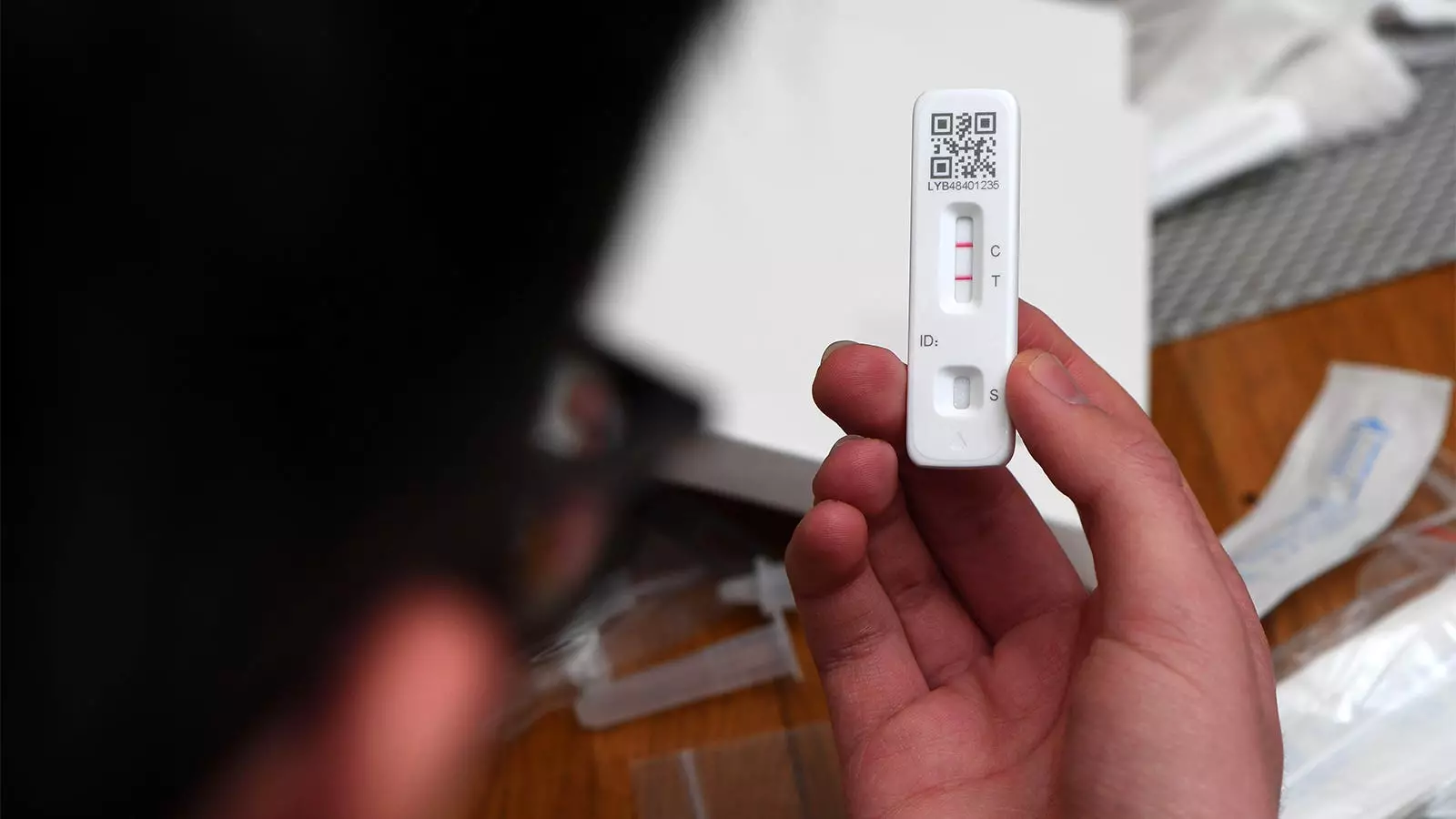It is evident that the recent decision by the CDC to reduce the isolation time for COVID-19 from 5 days to 24 hours has raised serious concerns among healthcare workers, particularly nurses. National Nurses United (NNU) had previously expressed their worries regarding the weakening of isolation guidance for COVID-19, considering the potential risks associated with such a decision. The union emphasized the importance of maintaining strict protocols to safeguard public health and prevent the spread of acute sickness as well as long COVID.
Discrepancies in Guidelines
While the new isolation guidelines may apply to the general public, it is crucial to note that healthcare settings continue to adhere to COVID-specific guidance. Healthcare workers with mild to moderate symptoms are required to isolate for at least 10 days, with additional criteria such as 24 hours since last fever and symptom improvement. On the other hand, those with severe illness may face a longer isolation period. Nonetheless, these guidelines are subject to change, especially following the CDC’s proposal to update infection control protocols for healthcare settings.
National Nurses United has been actively advocating for the safety of frontline workers, pushing back against proposals that could potentially compromise the protection of nurses and patients. The union’s efforts have been instrumental in ensuring that the CDC revisits its draft guidelines and addresses key concerns raised by healthcare professionals. Collaboration between the CDC and frontline nurses is essential to develop comprehensive guidance that prioritizes science-based practices and insights from those directly involved in patient care.
The decision to shorten the COVID-19 isolation timeframe for the general public has raised significant concerns about the potential risks of increased transmission in community settings. Healthcare workers, who also engage in activities outside of healthcare facilities, now face a higher risk of exposure to infectious individuals in public spaces. The guidelines, while recommending mask-wearing and other preventive measures, may not fully mitigate the risks posed by asymptomatic carriers and non-adherence to safety protocols.
A recent survey conducted by NNU revealed alarming statistics about the impact of COVID-19 on healthcare workers, particularly nurses. A significant number of RNs reported requiring time off work to recover from post-COVID symptoms, with many experiencing prolonged symptoms lasting more than 3 months. Long COVID has significantly affected the ability of nurses to perform their duties effectively, highlighting the need for comprehensive protection measures to safeguard the health and well-being of healthcare professionals.
Prioritizing Nurse Safety
As caregivers, nurses are at the forefront of patient care and must prioritize their own health and safety to continue providing quality services. The importance of implementing stringent infection control measures, both in healthcare settings and public environments, cannot be overstated. By advocating for comprehensive guidelines that reflect the realities faced by frontline workers, nurses can ensure a safer working environment that ultimately benefits patients and healthcare institutions alike.



Leave a Reply